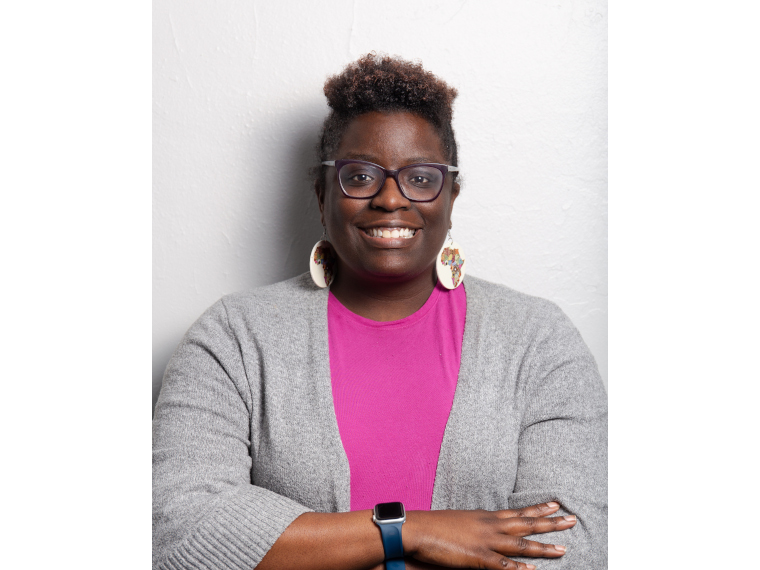Written by Dr. Aisha Harris
More people in our lives and community have mental health problems than people realize. The challenge is knowing that our physical health is only one facet of our health and that mental health plays a key role in our well-being. There are many different types of mental health problems, but one of the most common is depression.
Depression can sneak up on some or be full-blown for others, but either mild or severe- there are options to help people overall.
Depression can be diagnosed by many symptoms, but the symptoms have to occur for at least two weeks. Depending on the circumstances, someone’s depression can be triggered by a life event and may be more temporary than long-term. Either way, depression should not be ignored, and patients should be encouraged to seek help to feel better and manage their symptoms.
Depression symptoms include, but are not limited to, sadness, hopelessness, lack of interest in normal activities, sleep problems, fatigue, body pain and even suicidal thoughts or attempts. Every person’s depression can present differently, and every person deserves options to help with their depression.
Depression can be managed through strong support systems, medications, therapy, coping mechanisms including meditation and exercises, or a mix of multiple things. It is important to treat depression, especially if the symptoms are impacting functionality in life or causing suicidal thoughts or attempts. Help and options should be offered sooner than later. Every person may need different treatment regimens to help with depression.
If someone is having a mental crisis where they are unable to control themselves, or having suicidal thoughts, getting emergency mental health assistance and help is needed.
Nationally, the SAMHSA’s National Helpline is a free, confidential, 24/7, 365-day-a-year treatment referral and information service for individuals and families facing mental and/or substance use disorders. More urgently, the 988 Suicide & Crisis Lifeline is available for a mental health emergency. Locally, the Genesee Health System crisis information is – Phone Crisis Line: Call 24/7/365 at (810) 257-3740 – Text Crisis Line: Text FLINT to 741741 24 hours a day. – Walk-In Behavioral Health Urgent Care: 422 W. 4th Avenue, Flint, (810) 496-5500 – Monday – Friday: 8 a.m. -last walk-in taken at 10:30 p.m. Saturday & Sunday walk-in hours for Behavioral Health Urgent Care start at 10 a.m., and the last walk-in is taken at 5 p.m. Virtual Urgent Care-Video Chat is also available, Call 24/7/365 at (810) 496-5500 to get connected!
Dr. Aisha Harris, MD is a Flint native and board-certified family medicine doctor at Harris Family Health in Flint, Michigan. Harris Family Health is a membership-based clinic that provides personalized and full primary care to adults and children. Learn more about Harris Family Health by visiting www.harrisfamilyhealth.com.
Feel free to submit health questions to Dr. Harris via theflintcouriernews@gmail.com.


